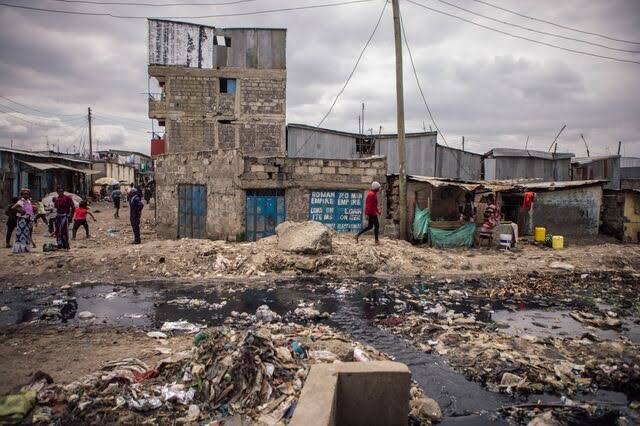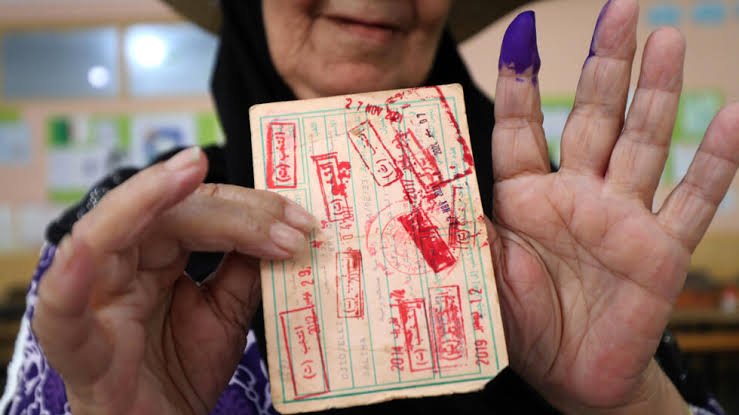In Nairobi’s Mukuru slums, accumulating food waste has long created blockages, trapped stagnant water, and disrupted daily life. Without an effective disposal system, much of the waste is left in the streets, adding to environmental concerns. To tackle this issue, locals have introduced an innovative approach using fly larvae to break down organic waste.
A key part of the problem is that waste isn’t separated, with residents often discarding all types of refuse in plastic bags. This practice hinders decomposition and leads to further blockages. Entomologist Ephantus Kung’u from Akiba Mashinani Trust explains that the Black Soldier Fly (BSF) units were introduced to consume organic waste, reducing plastic usage and preventing street congestion.
In addition to reducing waste, this initiative lowers greenhouse gas emissions by capturing methane and carbon dioxide that would otherwise be released. Bernadette Kosgei, an agronomist from Miramar International College, highlights that the process converts waste into valuable protein for animal feed, minimizing the carbon footprint and supporting agriculture.
The project has provided other benefits, too. Organic fertilizers derived from the waste have become available, allowing local farmers to reduce costs compared to synthetic alternatives. Organic farmer Moses Aswani in Mukuru says the savings on fertilizer expenses have been significant.
Launched last year, the project aims to cut food waste in the area by up to 70%, transforming challenges into sustainable solutions that also offer economic advantages.



